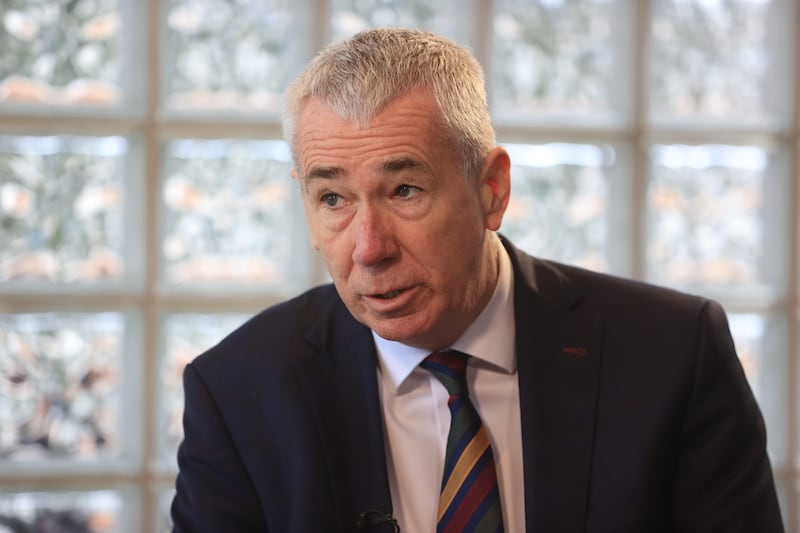The 50th anniversary of the civil rights march in Duke Street, Derry on October 5, 1968, has provided an opportunity to reflect on the events of that day, regarded as pivotal in the history of the Troubles, and to assess if the lessons of that turbulent period have been learned.
Reading and listening to the accounts of those who witnessed that fateful march, there was a strong element of regret that matters unfolded in the way they did and played a part in the catastrophe that engulfed us in the ensuing decades and led to the deaths of almost 4,000 people.
Could it all have been avoided? If the march hadn't been banned by Stormont, or if it had been cancelled by the organisers, which the Northern Ireland Civil Rights Association advocated, or - crucially - if the RUC had not attacked peaceful protesters in full view of television cameras which broadcast images of police brutality around the world, would we have been plunged into the nightmare of violence that followed?
Certainly, the march and its bloody outcome cannot be viewed in isolation. These were times of tumult and unrest, not just in Northern Ireland.
Many Catholics felt they were treated as second class citizens by the unionist regime at Stormont. The campaign for civil rights was non-sectarian, calling for an end to gerrymandering, discrimination in housing and one man one vote, which also applied to working class Protestants.
These were legitimate grievances and reform was long overdue. Had Stormont acted sooner and reacted differently, perhaps decades of pain could have been avoided.
In looking back to that time, it is depressing to hear some unionists continue to dismiss the concerns of nationalists, particularly in housing allocation which was a touchstone issue.
The obduracy, arrogance and state of denial that existed then caused those in power to make serious misjudgments.
They read the situation wrong, failed to make timely and justified concessions and, as we know, militant forces subsequently took hold, with disastrous results.
It was 50 years ago, but we still need to learn from our history.





